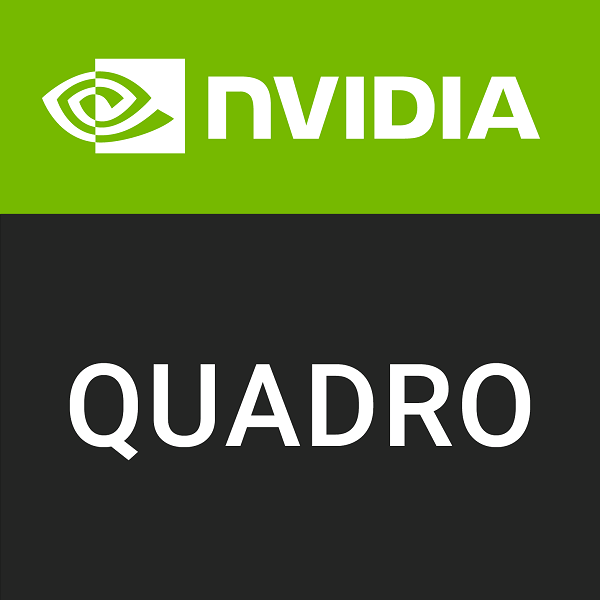NVIDIA Quadro M6000 vs NVIDIA Quadro T2000 Max Q
We compared two Professional market GPUs: 12GB VRAM Quadro M6000 and 4GB VRAM Quadro T2000 Max Q to see which GPU has better performance in key specifications, benchmark tests, power consumption, etc.
Main Differences
NVIDIA Quadro M6000 's Advantages
More VRAM (12GB vs 4GB)
Larger VRAM bandwidth (317.4GB/s vs 112.1GB/s)
2048 additional rendering cores
NVIDIA Quadro T2000 Max Q 's Advantages
Released 4 years and 2 months late
Boost Clock has increased by 45% (1620MHz vs 1114MHz)
Lower TDP (40W vs 250W)
Score
Benchmark
FP32 (float)
Quadro M6000
+106%
6.844 TFLOPS
Quadro T2000 Max Q
3.318 TFLOPS
3DMark Time Spy
Quadro M6000
+60%
5162
Quadro T2000 Max Q
3220
3DMark Time Spy Extreme
Quadro M6000
+60%
2415
Quadro T2000 Max Q
1505
Graphics Card
Mar 2015
Release Date
May 2019
Quadro
Generation
Quadro Mobile
Professional
Type
Professional
PCIe 3.0 x16
Bus Interface
PCIe 3.0 x16
Clock Speeds
988 MHz
Base Clock
1200 MHz
1114 MHz
Boost Clock
1620 MHz
1653 MHz
Memory Clock
1751 MHz
Memory
12GB
Memory Size
4GB
GDDR5
Memory Type
GDDR5
384bit
Memory Bus
128bit
317.4GB/s
Bandwidth
112.1GB/s
Render Config
-
-
-
-
SM Count
16
3072
Shading Units
1024
192
TMUs
64
96
ROPs
32
-
-
-
-
-
-
48 KB (per SMM)
L1 Cache
64 KB (per SM)
3 MB
L2 Cache
1024 KB
-
-
-
Theoretical Performance
106.9 GPixel/s
Pixel Rate
51.84 GPixel/s
213.9 GTexel/s
Texture Rate
103.7 GTexel/s
-
FP16 (half)
6.636 TFLOPS
6.844 TFLOPS
FP32 (float)
3.318 TFLOPS
213.9 GFLOPS
FP64 (double)
103.7 GFLOPS
Board Design
250W
TDP
40W
600 W
Suggested PSU
-
1x DVI
4x DisplayPort 1.4a
Outputs
No outputs
1x 8-pin
Power Connectors
None
Graphics Processor
GM200
GPU Name
TU117
-
-
-
Maxwell 2.0
Architecture
Turing
TSMC
Foundry
TSMC
28 nm
Process Size
12 nm
8 billion
Transistors
4.7 billion
601 mm²
Die Size
200 mm²
Graphics Features
12 (12_1)
DirectX
12 (12_1)
4.6
OpenGL
4.6
3.0
OpenCL
3.0
1.3
Vulkan
1.3
5.2
CUDA
7.5
6.4
Shader Model
6.6




